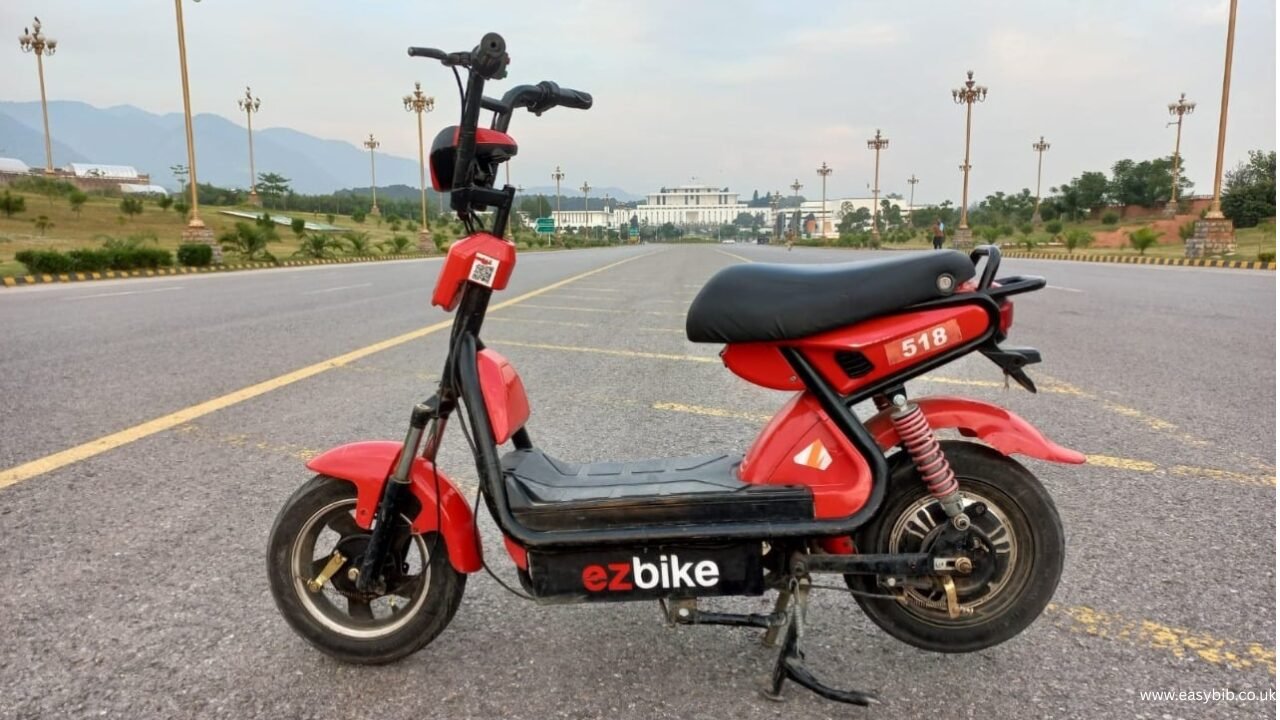Electric Scooters: Revolutionising Urban Mobility

The advent of the electric scooter has significantly altered the urban landscape, offering a new dimension to the way we navigate our cities. Once an uncommon sight on city streets, these agile vehicles have become increasingly popular as a mode of transport, thanks to their convenience, affordability and low environmental impact. With growing concerns over climate change and the urgent need for sustainable solutions, electric scooters are emerging as a viable alternative to traditional transportation, promising a cleaner and more efficient future of urban mobility.
The Rise of Electric Scooters in Urban Landscapes
Electric scooters have experienced rapid growth in popularity over the past few years. Initially embraced by early adopters and tech enthusiasts, their benefits have appealed to a broader demographic, encompassing students, professionals, and others seeking an easy commute. With their compact size and ease of operation, electric scooters navigate through traffic with the added advantage of reducing congestion on the roads.
Contributing to a Greener Environment
One of the most compelling arguments for adopting electric scooters is their positive environmental impact. Unlike petrol-driven vehicles, electric scooters produce zero direct emissions, making them an environmentally friendly option for short-distance travel. Their growing usage can potentially alleviate urban pollution levels, contributing to cleaner air and a healthier living environment.
Advantages of Electric Scooter Ownership
For individuals considering the purchase of an electric scooter, the benefits extend far beyond environmental concerns. Owners relish the cost-effectiveness of these modern vehicles. Electric scooters are inexpensive to operate, maintain, and charge, making them an economical choice, especially when compared to the accumulating costs of car ownership or even public transport fares.
Enhancing Commuter Flexibility and Accessibility
The flexibility of electric scooters distinguishes them as a superior mode of urban mobility. Their design permits riders to cover distances too far to walk but perhaps not far enough to warrant a car trip. Additionally, many electric scooters are foldable, allowing for seamless integration with other modes of transport such as buses and trains, thus enhancing overall urban accessibility.
Another benefit that electric scooters present is the ease of parking. The incessant quest for parking spaces can be both time-consuming and stressful for drivers of cars. Electric scooters, being compact and portable, often evade this issue, as they can be securely locked up much closer to a rider’s final destination.
Supporting Urban Infrastructural Development
Urban planners and local governments have taken clear notice of the growing presence of electric scooters. Many cities are now incorporating dedicated paths and parking zones for electric scooters, integrating them as a permanent fixture of urban transportation networks. This not only makes electric scooter travel safer but also encourages more people to consider this eco-friendly transport alternative.
Electric Scooters: Impact on City Living and Economy
The electric scooter trend has fostered not just a change in travel habits but also has a range of broader implications for city living and economies. For various businesses, including cafes, shops, and restaurants located in urban areas, the presence of electric scooter users has opened new customer segments, subsequently stimulating local economies.
Moreover, electric scooters have paved the way for the emergence of shared mobility platforms, where users can rent electric scooters, further broadening access to sustainable transport options. The sharing economy concept aligns with the societal shift towards reduced ownership and increased on-demand access to services and goods.
Challenges of Integration into Urban Centres
Despite the benefits that electric scooters offer, integrating them into the urban transport ecosystem is not without its challenges. Issues such as rider safety, pedestrian right-of-way, and the orderly parking of scooters are subjects that cities must address to ensure a safe and orderly environment. Constructive policymaking and enforcement, along with user education, are key to effectively managing these concerns.
Questions surrounding the durability and lifecycle of electric scooters are also prominent, particularly in the context of shared scooter services. Ensuring that these vehicles do not end up as electronic waste is crucial to maintaining their green credentials.
READ MORE
Conclusion: Looking Towards a Scooter-Friendly Future
As cities continue to evolve and adapt to the growing demands for sustainable transport options, electric scooters stand at the forefront of this transformation. Their ability to offer a convenient, cost-effective, and sustainable alternative to traditional vehicles cements their position within the future framework of urban mobility.
For both private owners and users of shared scooter services, electric scooters represent more than just a mode of transport—they symbolise a shift towards more intelligent, more responsible urban living. As we recognise the advantages and address the challenges, we can look forward to a future where the collaboration of public entities, private organisations, and the community ensures that electric scooters become an integral and beneficial component of urban life.
In the landscape of urban mobility, the electric scooter is more than a trend; it is a revolution, quietly and efficiently reshaping the way we move through our cities, one ride at a time.
